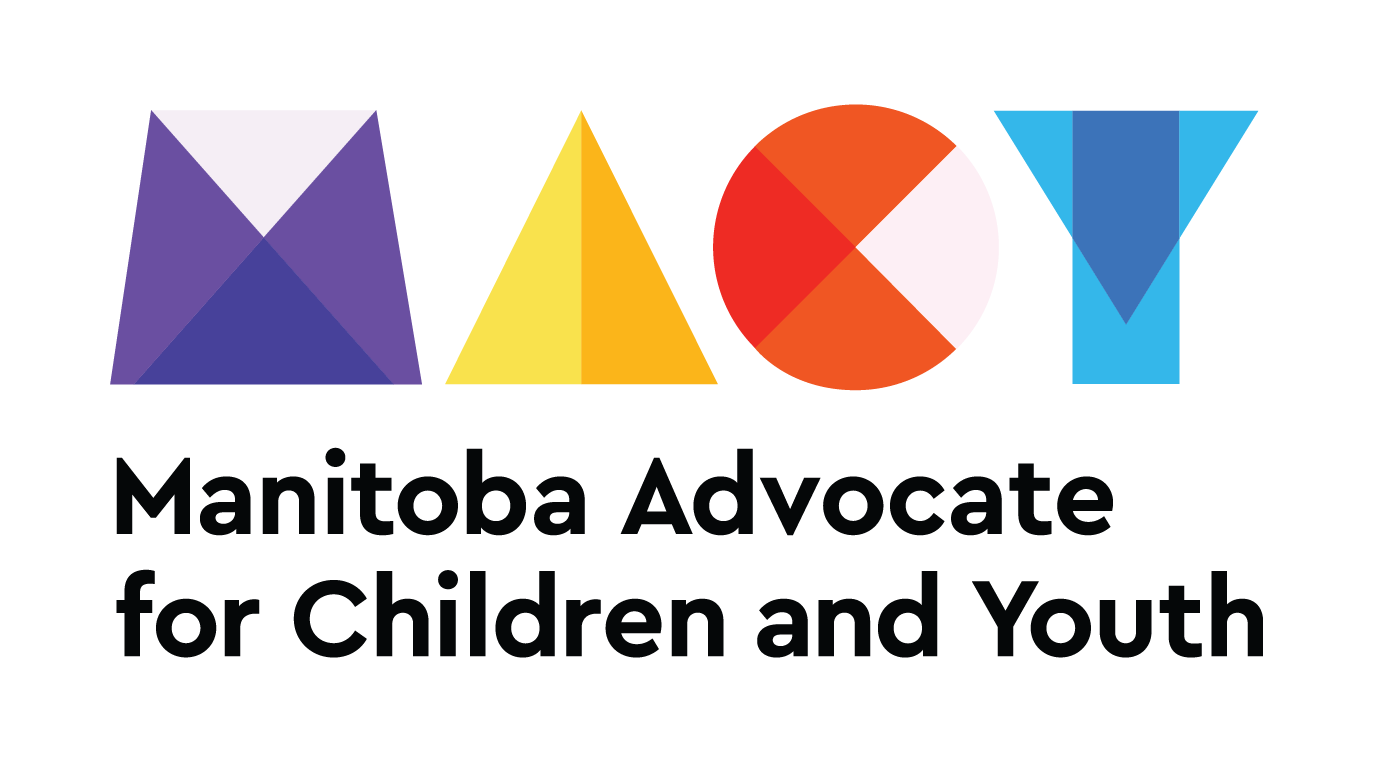UNCRC


The United Nations Convention on the Rights of the Child
The United Nations Convention on the Rights of the Child (UNCRC) is an international agreement between nearly every country around the world. The UNCRC has been in place since 1989, and gives children and youth all around the world more than 40 major human rights. Canada was one of the countries that signed the UNCRC and agreed to protect and promote the rights of all children and youth under age 18.
Everyone under 18 has these rights. Rights are what you should have or be able to do so you will be safe from harm and be able to grow to your full potential. You were born with these rights and no one can take them away.
Adults have the responsibility to protect youth rights and do what is best for you. You can learn about your rights and the rights of others, which will help you make positive choices in your life.
-
1
Everyone under 18 has rights. -
2
You have the right to protection against discrimination. -
3
Adults should make good decisions for you, especially for your protection and safety. -
4
Government is responsible for helping to protect your rights. -
5
Your family is responsible for teaching you your rights and helping to protect them. -
6
You have the right to not only live, but thrive! -
7
You have the right to have a name and nationality. -
8
You have the right to an identity – an official record of who you are. -
9
You have the right to have contact with both your parents, unless it’s not safe for you. -
10
If you live in a different country than your parents, you have the right to get back together with them. -
11
Governments should protect children from being taken out of the country illegally. -
12
You have the right to express your opinion and to be heard by adults. -
13
You have the right to learn and share information, as long as it doesn’t harm other people. -
14
You have the right to practice your own religion and beliefs, as long as you don’t harm anyone. -
15
You have the right to voice your opinion and demonstrate peacefully. -
16
You have the right to privacy. -
17
You have the right to get information from the media. -
18
The care of children is a shared responsibility of both parents, and the government should help parents by providing services. -
19
You have the right to be protected from abuse or neglect, mentally and/or physically. -
20
If you can’t live with your own family, you have the right to be raised respectfully according to your traditions. -
21
You have the right to care and protection if you are in foster care or adopted. -
22
Children who come into Canada as refugees should have the same rights as children born here. -
23
If you live with a disability you have the right to special care, support and to be included in the community. -
24
You have the right to quality health care, a safe environment, clean water and nutritious food at an affordable price. -
25
If you live in care, you have the right to have regular contact with your social worker. -
26
Children of families in need have the right to extra help from the government. -
27
You have the right to food, clothing and a safe place to live in a caring environment. -
28
You have the right to the same quality of education that every other Canadian child has, regardless of your school location. -
29
Your education should help you develop your talents and abilities, and respect your identity, language and values. -
30
Indigenous children have the right to speak their language and enjoy their culture. -
31
You have the right to play, rest and enjoy your life. -
32
You have the right to be protected from work that is dangerous or might harm your health or education. -
33
It is the government’s responsibility to protect you from dangerous and illegal drugs. -
34
The government should protect children from sexual abuse. Don’t keep this a secret. Tell a responsible adult so that you can get help. -
35
The government must protect children from human trafficking. -
36
Children must be protected from activities that could harm their development. -
37
Children in the justice system must be treated with dignity and have the right to access their families and culture. -
38
You cannot be made to fight in a war. -
39
You have the right to get help if you’ve been abused, neglected or treated badly. -
40
You have the right to legal help and fair treatment in the justice system. -
41
If there are any laws in Canada that protect you better than the UN Rights of the Child, you must be protected under the Canadian laws. -
42
The government should make the UN Rights of the Child known to caregivers and children.
This text is not an official version of the UN Convention on the Rights of the Child. You can see the official version at www.unicef.org/crc.

